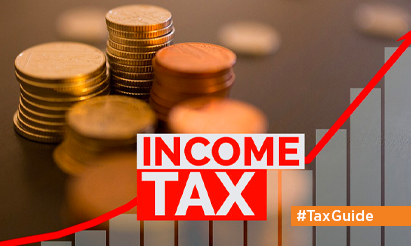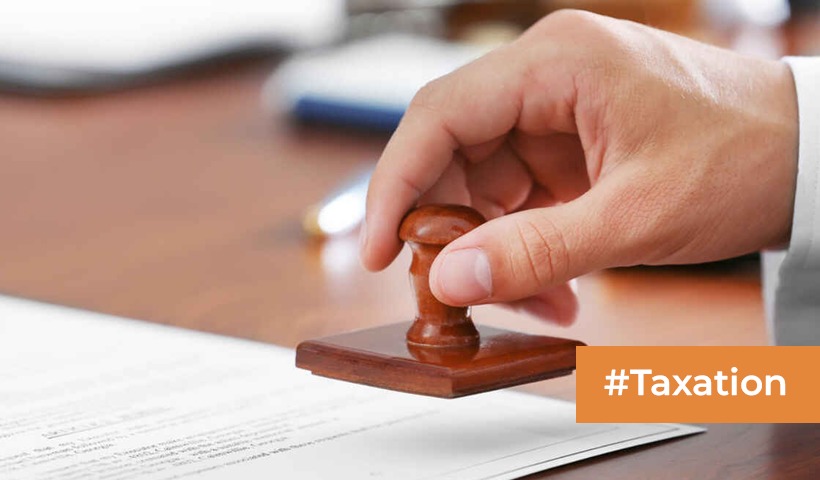What is professional tax – All you need to know
In the complex landscape of financial obligations, professional tax stands out as a critical component that often demands our attention. Understanding its nuances is crucial for both employers and employees alike. In this comprehensive guide, we delve into the intricacies of professional tax, leaving no stone unturned.
What is Professional Tax?
Professional tax is a state-level tax levied by the government on individuals engaged in various professions, trades, and employments. It is a mandatory financial contribution that professionals need to make towards the state revenue.
Why It Matters
Understanding the significance of professional tax is paramount, as it directly impacts your financial responsibilities. This tax is not only a legal obligation but also a means for the state to fund various civic amenities and services.
Professional Tax Calculation
Income Brackets
Professional tax is often calculated based on income brackets. Different states have varying slabs, and the tax rate increases as the income level rises. It’s crucial to be aware of the applicable rates in your specific region.
Exemptions and Deductions
Just like other taxes, professional tax allows for certain exemptions and deductions. These could be related to specific professions, income levels, or even geographical considerations. Staying informed about these exemptions can significantly reduce your tax liability.
Employer’s Role in Professional Tax
Collection and Deduction
Employers play a pivotal role in the professional tax landscape. They are responsible for collecting and deducting professional tax from the salaries of their employees. This ensures a streamlined process and adherence to the legal framework.
Timely Deposits
One critical aspect often overlooked is the timely deposit of professional tax with the state authorities. Employers must prioritize this to avoid legal repercussions and ensure a smooth relationship with the taxation authorities.
Employee Responsibilities
Declaration and Documentation
Employees, on their part, must diligently declare their professional tax liabilities and provide accurate documentation to their employers. This includes details about their income, profession, and any eligible exemptions.
Periodic Compliance Checks
To avoid any surprises at the end of the fiscal year, employees should conduct periodic checks to ensure that their professional tax contributions are in line with the prevailing regulations. This proactive approach can prevent unnecessary complications.
Penalties for Non-Compliance
Failure to adhere to professional tax regulations can result in hefty penalties. Both employers and employees should be aware of the consequences of non-compliance and take preventive measures to avoid legal troubles.
How to Optimize Professional Tax Payment
Consultation with Tax Professionals
Navigating the intricate landscape of professional tax can be challenging. Seeking advice from tax professionals can provide invaluable insights, ensuring that you optimize your tax payments and take advantage of available exemptions.
Regular Updates on Regulatory Changes
Tax laws are dynamic, and staying informed about any changes is crucial. Regularly updating yourself on regulatory amendments ensures that you remain compliant and avoid any unintended violations.
Conclusion
In conclusion, professional tax is not merely a financial obligation but a key aspect of contributing to the development of your state. By understanding its nuances, complying with regulations, and seeking professional advice when needed, you can navigate the professional tax landscape with confidence.
Disclaimer: The views expressed above are for informational purposes only based on industry reports and related news stories. PropertyPistol does not guarantee the accuracy, completeness, or reliability of the information and shall not be held responsible for any action taken based on the published information.




